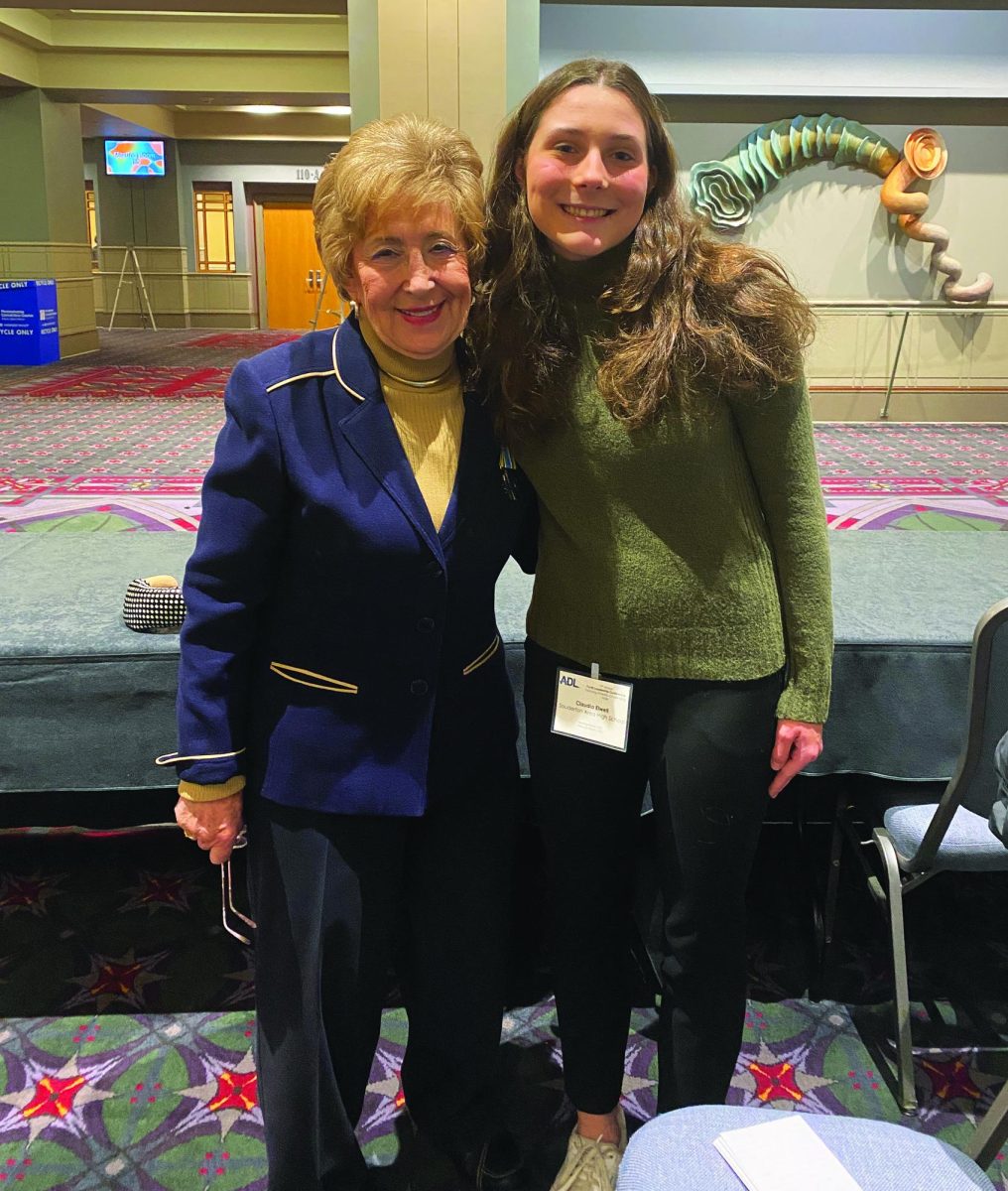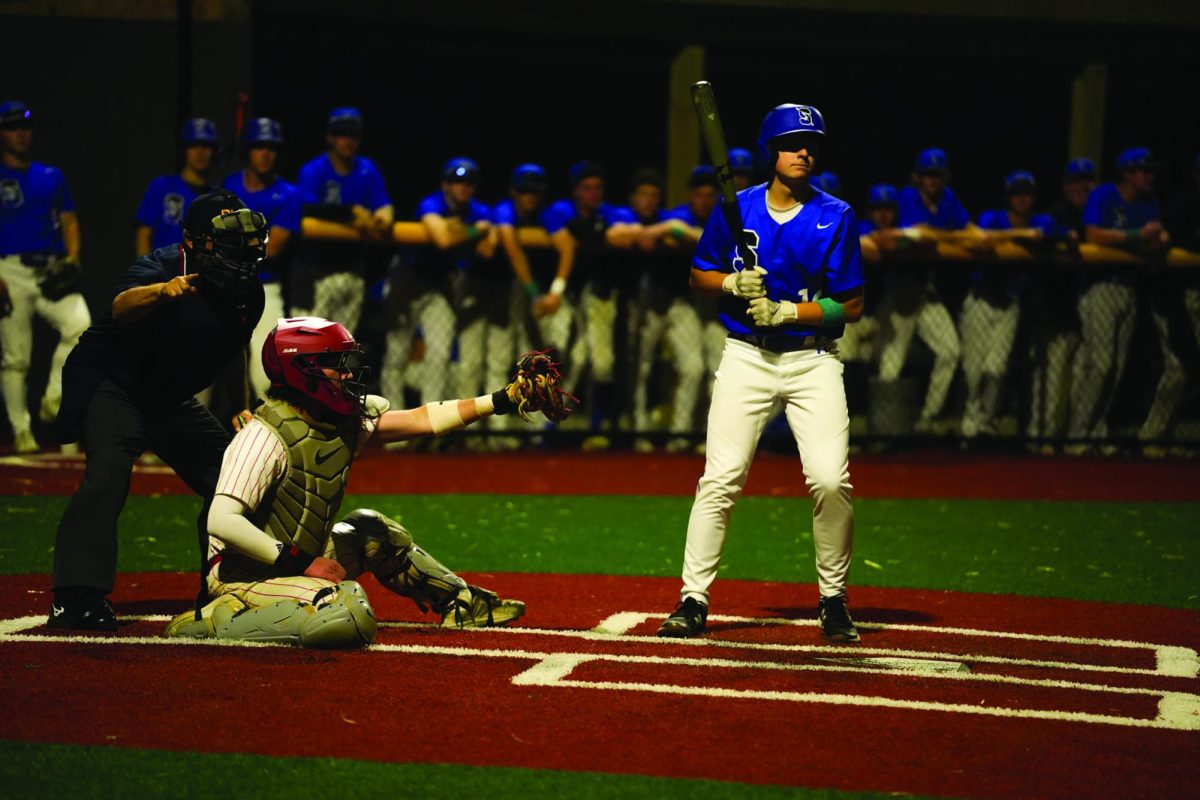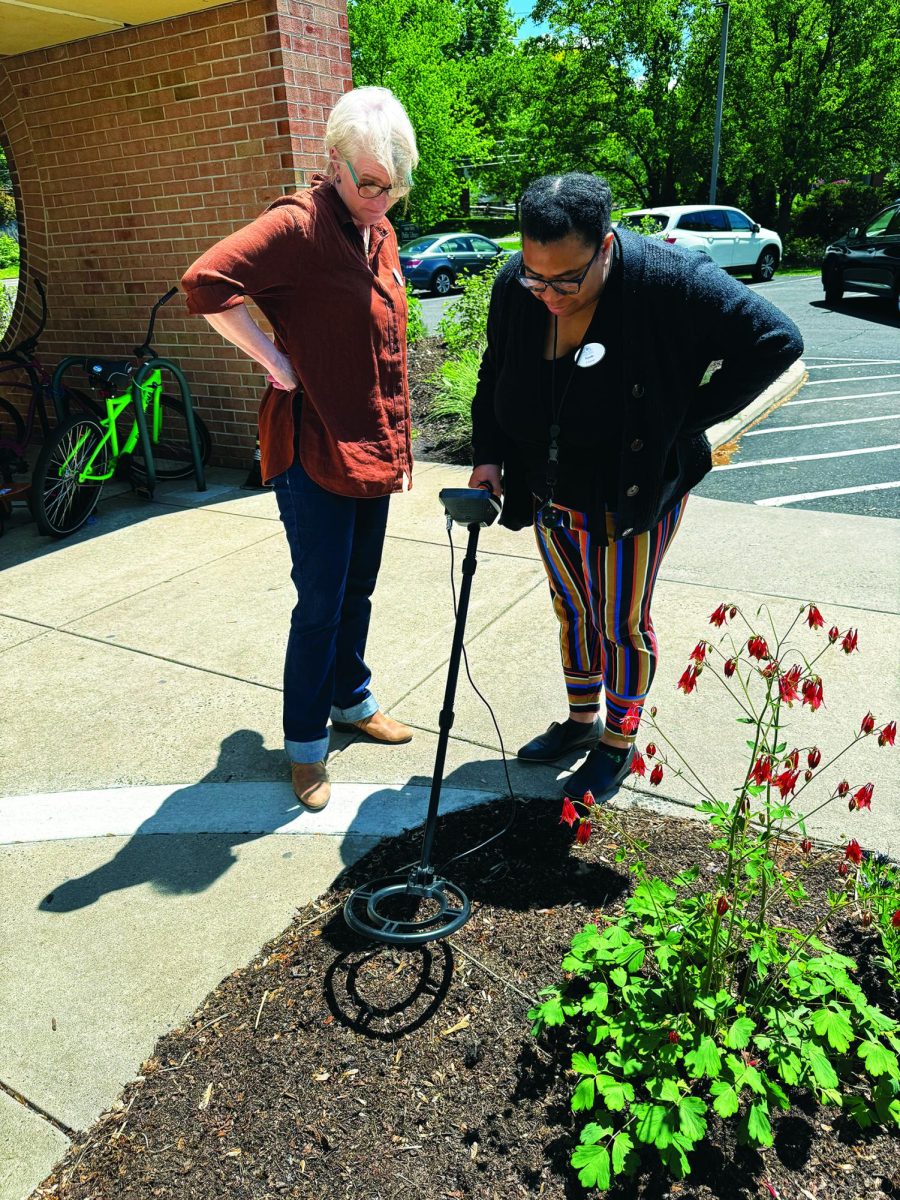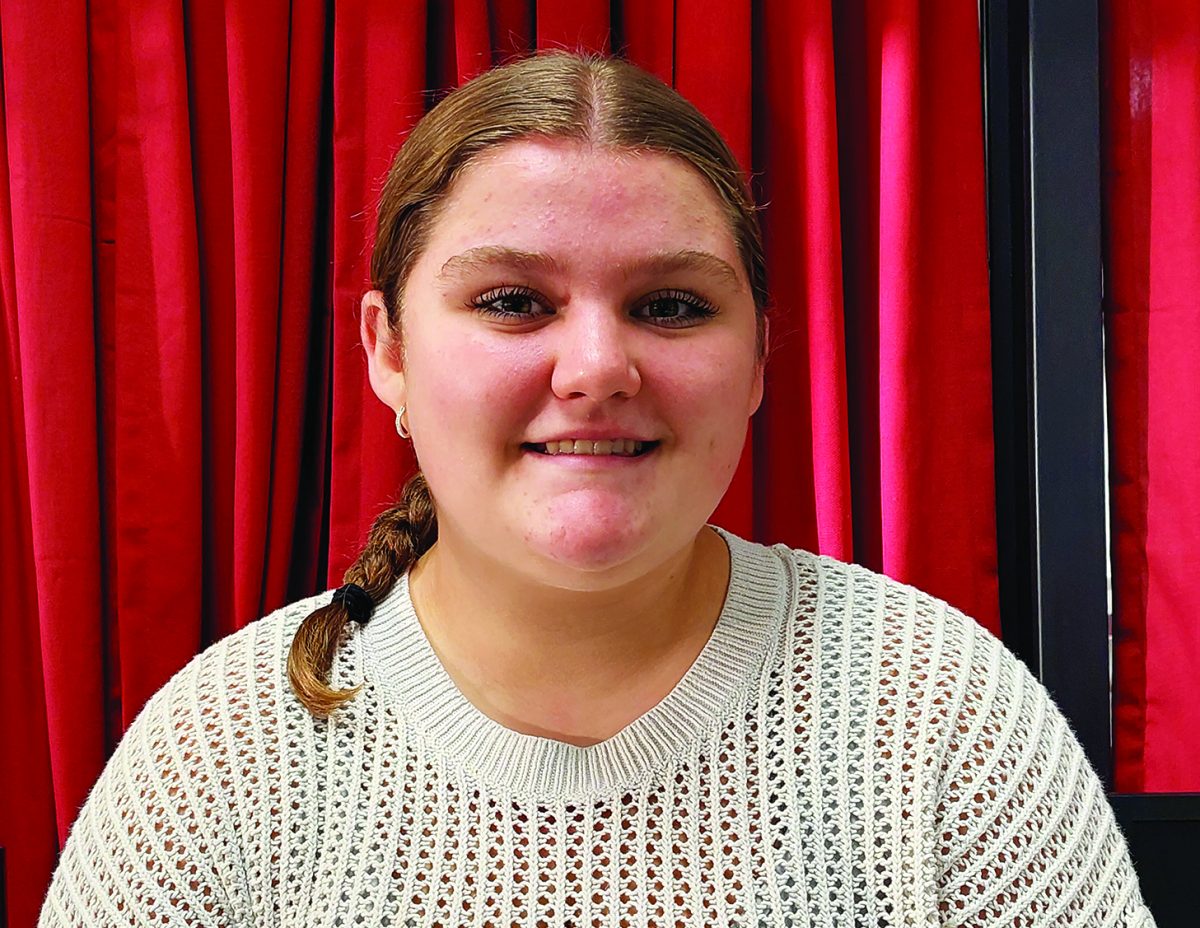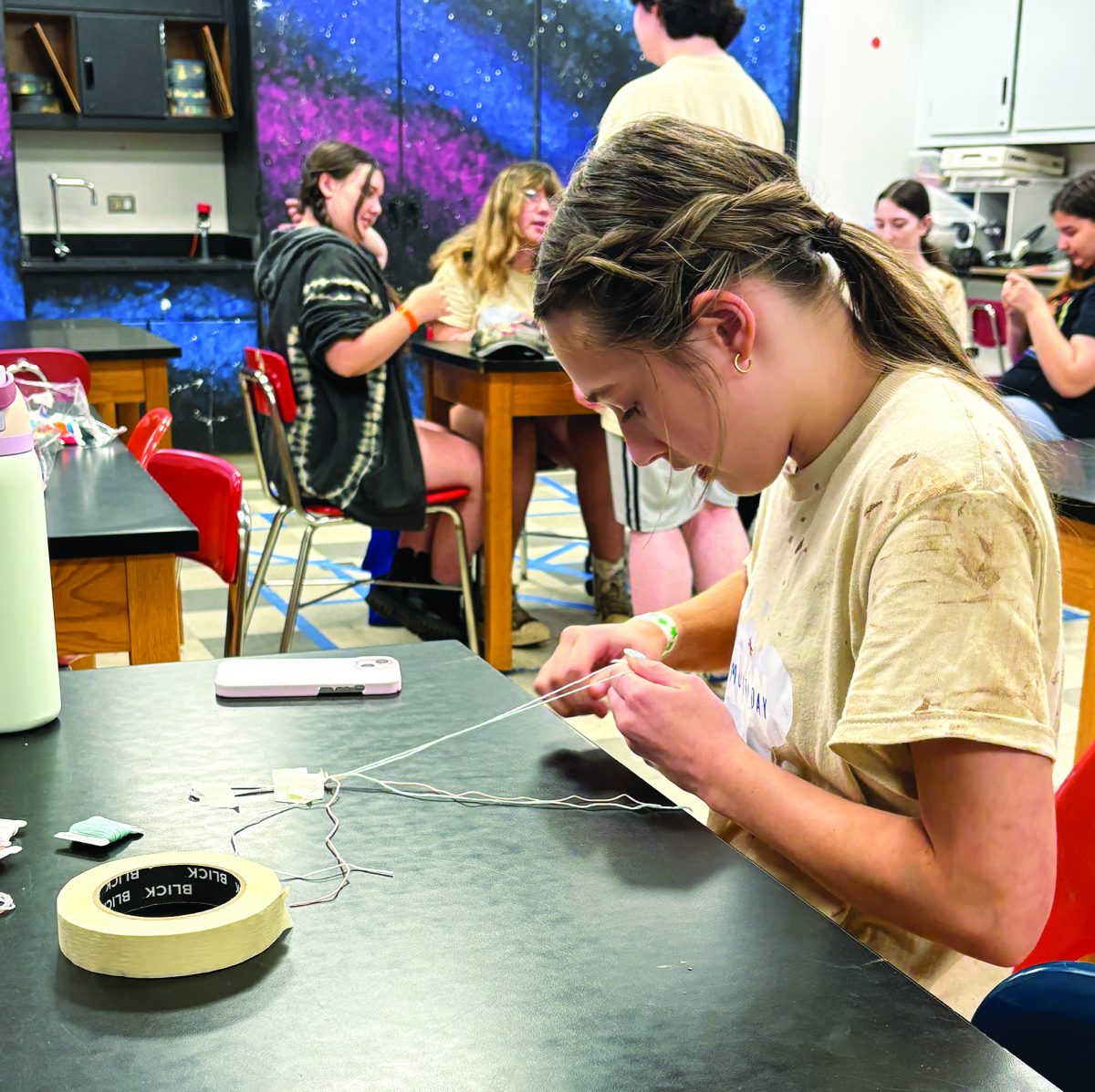Bringing students with different backgrounds together to promote understanding through anti-hate practices, the Anti-Defamation League held its Philadelphia Youth Leadership Conference on November 29.
Established in 1913 to stand up to the increasing anti-semitism in the U.S., the Anti-Defamation League (ADL) is an international organization that continues its founding mission by working to prevent extremism and bigotry throughout the world.
According to ADL Education Director Lisa Friedlander, the purpose of the convention is to “bring different students together to not only learn about challenging bias, antisemitism, racism and all the other -isms, but also to learn from each other.”
“[Students] also learn that their perspective is only one perspective, it’s only one story. Every one of us comes to the world looking at it through a different lens,” Friedlander said. “I think it’s really eye opening for a lot of students.”
Souderton students have been attending the conference for multiple years, accompanied by social studies teacher Nicole Harner and family and consumer science teacher Allyson Fitzpatrick.
According to Harner, they keep coming back to the conference because it not only exposes students to people of different backgrounds and experiences, but it also teaches students their power in speaking up.
“The biggest thing is dialogue and talking about things and issues,” Harner said. “I know when you’re 15 or 16 years old, you don’t always feel that you have a voice, but I want kids to know that they always have a voice and their voice is important.”
Each year, the conference begins with all attendees gathering to listen to a keynote speaker who has either been a target of hatred or who has formerly been an aggressor.
This year, the keynote speaker was Holocaust survivor and author Ruth Kapp Hartz.
Hartz spoke about her experiences during the Holocaust, the importance of remembering the Holocaust today and how students can prevent the rise of hate.
According to Friedlander, the ADL invited Hartz to speak at the conference because “the opportunity to hear from someone who lived through [the Holocaust] is very rare and becoming more and more rare.”
“We also felt it was important right now, just because of the rise in antisemitism and general bias and hatred in our country, in the world [and] the rise of extremism,” Friedlander said.
Following German dictator Adolf Hitler’s military occupation of France, 4-year-old Hartz was forced to change her name to Renee to hide her Jewish identity from the ever present Gestapo and collaborating French police. Along with her parents, Hartz was also forced into hiding in her neighbor’s basement for months and was eventually sent to a Catholic convent and orphanage that secretly hid Jewish girls, not knowing if she would ever see her family again.
“I was physically in hiding during the war [and] mentally [and] psychologically [hidden],” Hartz said. “[Jewish people] were punished, so to speak, because the world was such a tremendous wrong and we were the innocent victims.”
In 1999, Hartz published her memoir “Your Name is Renee” where she recounts her life during the Holocaust from her point-of-view as a child.
Hartz now also travels to various schools and universities around the country to keep the memory of the Holocaust alive.
Hartz agreed to speak at this year’s convention to emphasize the importance of “not only never again, but [to] never forget” the Holocaust.
“[The Holocaust is] very hard to fathom [because] the numbers are so, so overwhelming. So that’s why hearing one personal story makes it more personal,” Hartz said. “It means that the story will live on. That’s very important to us.”
Hartz also spoke about the evolution of hate from basic bullying to genocide and that “everyone has the power to fight evil.”
“Don’t let [small acts of hate] lie because it starts small and then it gets out of hand,” Hartz said. “Voltaire says you have to cultivate your garden. You have to pull the weeds before they become too big and are going to demolish everything around them.”
Junior Camille Elwell, who also attended the conference, felt that Hartz’s presentation was moving and learned the importance of Hartz’s message.
“Obviously, we don’t want it to happen again, but also, because we need to keep informing on the injustice,” Elwell said. “It’s also important to recognize how many lives were lost and how torturous it was.”
Following Hartz’s presentation, students were then sent to workshops that were comprised of one student from each school.
Facilitated by an ADL staff member, students freely responded to prompts about allyship and hate, creating an opportunity for open discussions.
According to Elwell, in the workshops “[students] talked about our experiences and everyone was super social and passionate.”
“I took away from [the workshop] how similar everyone in the rooms are,” Elwell said. “We didn’t know each other, but how similar all of our experiences were with people around us and with ourselves was really nice.”
Students also learned about the Pyramid of Hate, which shows the development of hate from biased attitudes to acts of bias to discrimination to bias motivated assault and reaching its peak at genocide.
“Kids can’t stop genocide, but kids can stop the first step, the second step. So we want them to feel empowered to go back to school, and to, to intervene when they hear or see bullying bias,” Friedlander said. “You want [students] to feel empowered to step up and become allies to each other.”
Some educators went to a specialized workshop on teaching the Holocaust in the classroom.
ADL Youth Leadership Conference promotes anti-hate
By teaching how to combat hate through various workshops and facilitated activities, the Anti-Defamation League held its 17th annual Youth Leadership Conference at the Philadelphia Convention Center on November 29.
A historical perspective…After hearing Holocaust survivor Ruth Kapp Hartz speak at the ADL Youth Conference on November 29, Arrowhead Co-Editor-In-Chief Claudia Ewell met with Hartz for an interview.
0
More to Discover
About the Contributor
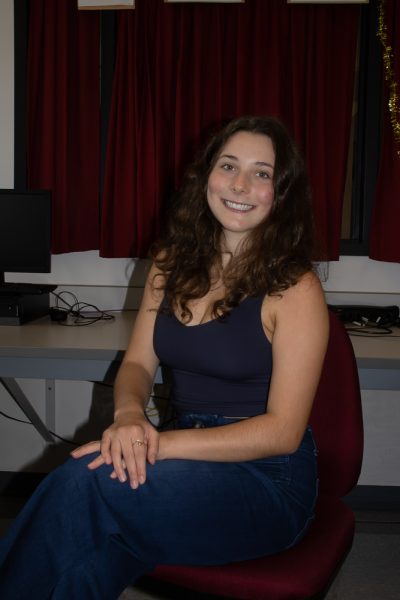
Claudia Elwell, Co-Editor-In-Chief

